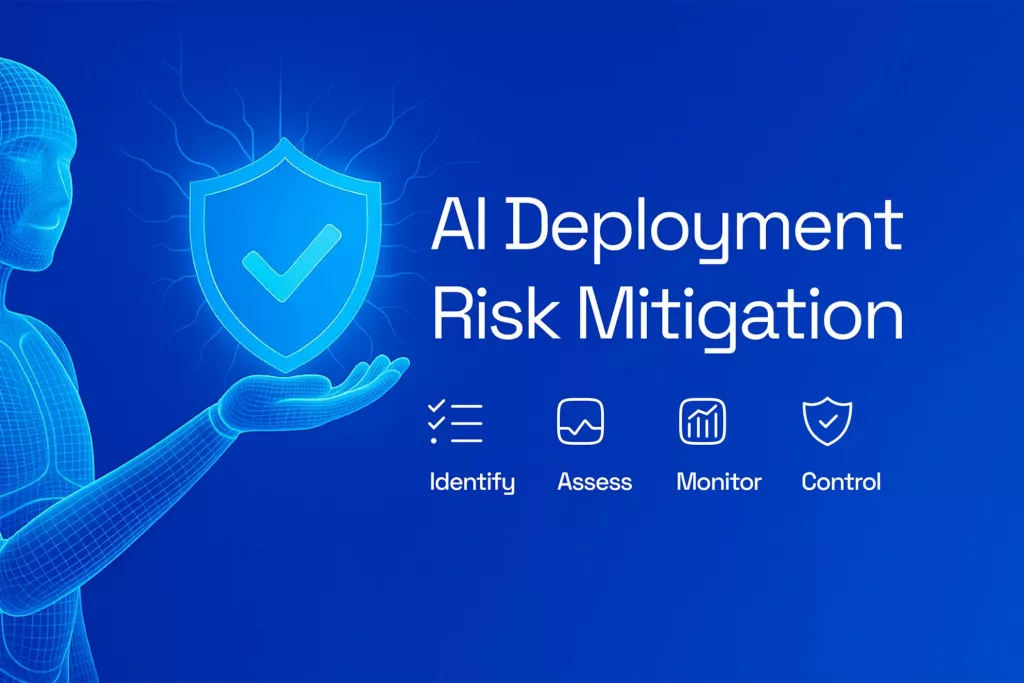
A software team has, more often than not, roles that are not directly involved in coding. Some do the management part, some are busy translating the business needs of the client for the developers to understand, while other deal with testing/bug detection.
We recently suggested a team structure for a potential client and we’re going to share it with you here:
- Business Analyst
- Senior Architect
- Senior Backend Developer
- Senior Frontend Developer
- DevOps
- QA
This particular setup represents a fully managed team that covers more areas than just plain coding, whether frontend or backend.
Let’s have a brief look at what happens beyond programming:
→ the BA elaborates the client requirements specifically for developers’ understanding
→ the Architect leads the team, the technical direction and the software vision through requirements and roadmaps
→ the DevOps is responsible for infrastructure management and system administration, among others (and Cloud Migration, in recent years)
→ the QA will perform tests and identify errors so the final product meets the quality requirements
This is just a potential setup out of many for a fully managed software team, but we hope it paints a broader picture of the complexity behind a software product. Ofcourse there are pros and cons for both having a full external team or externalizing just the coding part while having in-house roles for project management and business analysis roles.



